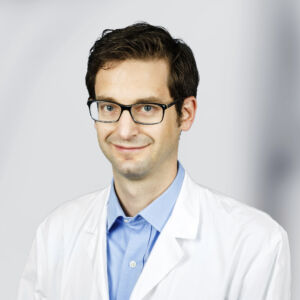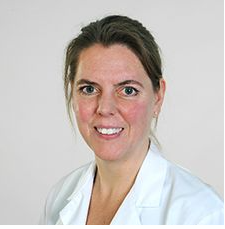These persistent symptoms, also known colloquially as “long Covid”, can occur both in people who have had a mild course of the infection and in people who have had to be hospitalized. In most cases, various complaints exist at the same time, which are recorded during the initial consultation. The decision to undergo further examinations and treatment depends on the extent to which the patient’s usual activity, quality of life and independence are restricted by the course of the disease. Furthermore, possible organ damage caused by the infection is specifically investigated as part of the physical examination, a blood sample and an evaluation of physical performance. If necessary, the lungs, heart, sense of taste and smell or other organs are examined using equipment. If a cognitive or mental impairment is suspected, the specialists in the relevant departments are consulted. There is cooperation with the Clinic for Cardiology, Consultant Psychiatry (incl. consultation hours for chronic fatigue), Infectiology, Neurology, Rheumatology, Internal Medicine and ORL.
Depending on the individual severity of the symptoms, a treatment plan is drawn up together with the patient. This can range from pure self-management to supported rehabilitative measures. Rehabilitative measures can include physical and psychosomatic aspects.
We support the online platform Altea Network(https://www.altea-netzwerk.ch) from the Lunge Zurich association to promote online exchange on the topic of long Covid between those affected, specialists and scientists.




